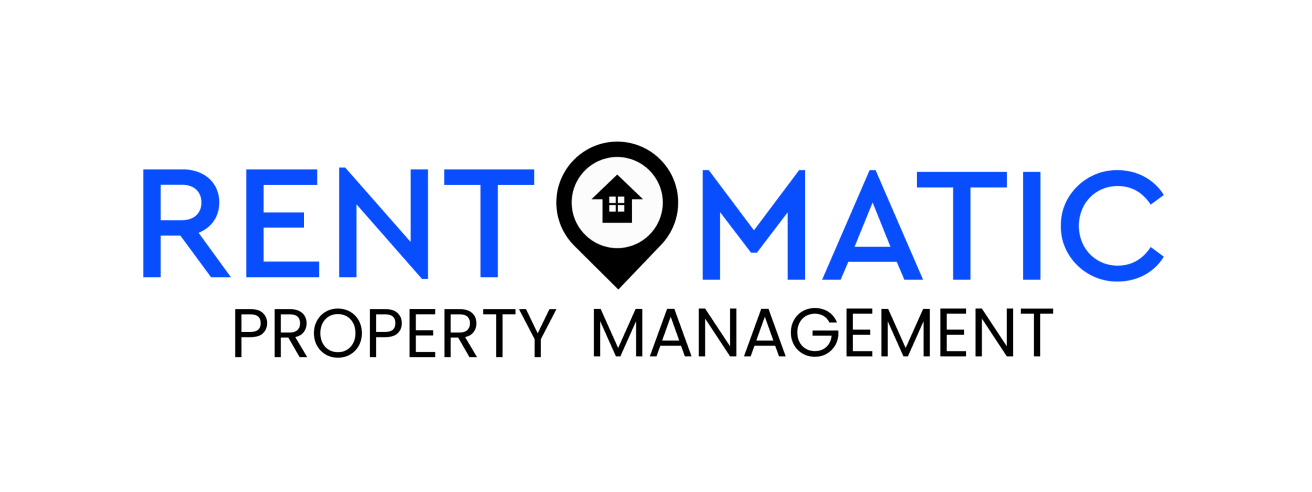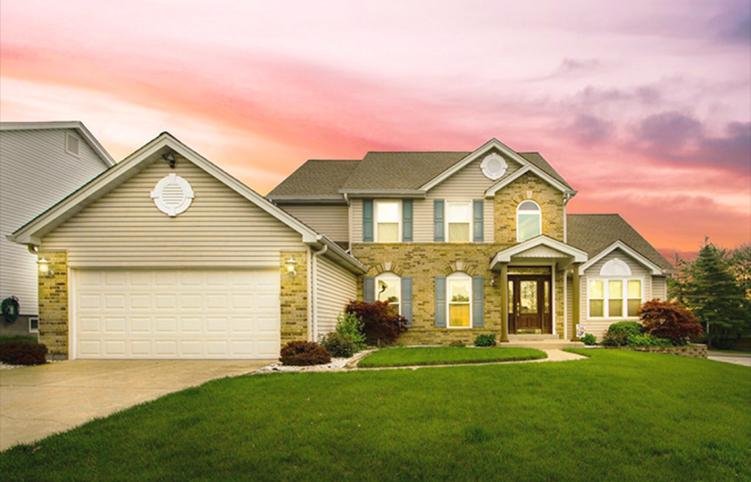Homeownership is often accompanied by the responsibility of belonging to a Homeowners Association (HOA), especially prevalent in Utah’s real estate landscape. These associations are responsible for governing and managing shared amenities, communal areas, and enforcing community guidelines. Ensuring the efficient functioning of these communities relies heavily on proficient property management, making it a cornerstone for maintaining harmony and enhancing property values within HOAs in Utah.
Understanding HOAs in Utah:
Legal Framework
Utah’s HOAs operate under specific statutes and regulations designed to oversee community governance. The Utah Community Association Act sets forth guidelines for establishing and managing HOAs, outlining the powers and responsibilities of these associations. Compliance with state laws is integral to the operations and decision-making processes within Utah’s HOA communities.
Community Governance
HOAs in Utah typically function through elected boards and committees, entrusted with making decisions on behalf of the community. These entities manage finances, enforce rules and regulations, and oversee maintenance and upkeep within the neighborhood.
Unique Utah Considerations
HOAs in Utah typically function through elected boards and committees, entrusted with making decisions on behalf of the community. These entities manage finances, enforce rules and regulations, and oversee maintenance and upkeep within the neighborhood.
The Crucial Role of Property Management:
Day-to-Day Operations
Property managers play a pivotal role in overseeing the day-to-day operations of HOA communities. Their responsibilities include coordinating maintenance tasks, managing common areas, overseeing security measures, and ensuring compliance with community guidelines.
Financial Management
Effective financial management is imperative in HOA communities. Property managers handle budgeting, collecting assessments, allocating funds for maintenance and repairs, and establishing reserve funds for future needs. Their expertise ensures financial stability and transparency within the community.
Vendor and Contract Management
Property managers liaise with vendors and contractors for various services, including landscaping, maintenance, repairs, and renovations. They negotiate contracts, supervise work quality, and ensure adherence to agreed-upon terms, maintaining the community’s standards.
Community Engagement
Property managers act as liaisons between homeowners and the HOA board, fostering communication and engagement. They address homeowner concerns, organize community events, and facilitate the resolution of conflicts, promoting a cohesive and harmonious living environment.
Benefits of Efficient Property Management:
Enhanced Property Values
Efficient property management significantly contributes to the appreciation of property values within HOA communities. Well-maintained common areas, effective governance, and a strong sense of community increase the desirability and marketability of properties.
Maintenance and Upkeep
Timely maintenance and upkeep of communal spaces and amenities elevate the overall aesthetic appeal of the neighborhood. Property managers ensure that these areas remain attractive, functional, and in compliance with established standards.
Conflict Resolution
Property managers play a crucial role in conflict resolution among homeowners. Their mediation skills and impartial approach help resolve disputes, fostering a peaceful and cooperative community atmosphere.
Challenges and Solutions
Challenges Faced
Challenges within HOA communities in Utah may include budget constraints, diverging homeowner preferences, or difficulties in implementing certain regulations. Additionally, seasonal factors like snow removal or landscaping in Utah’s varied climate can pose challenges.
Strategies and Solutions
To overcome these challenges, property managers must employ proactive strategies. This includes effective budget planning, transparent communication with homeowners, adopting innovative maintenance approaches suitable for Utah’s climate, and implementing fair and reasonable community rules.
Conclusion
In conclusion, the role of property management in Utah HOA communities cannot be overstated. Effective management is the linchpin that ensures the smooth functioning, financial stability, and harmonious cohabitation within these neighborhoods. As Utah’s real estate continues to evolve, the need for skilled and dedicated property management becomes increasingly vital in fostering thriving and sustainable HOA communities.
By adhering to state regulations, prioritizing efficient operations, and nurturing community engagement, property managers become instrumental in shaping vibrant and desirable living spaces within Utah’s HOA communities.




